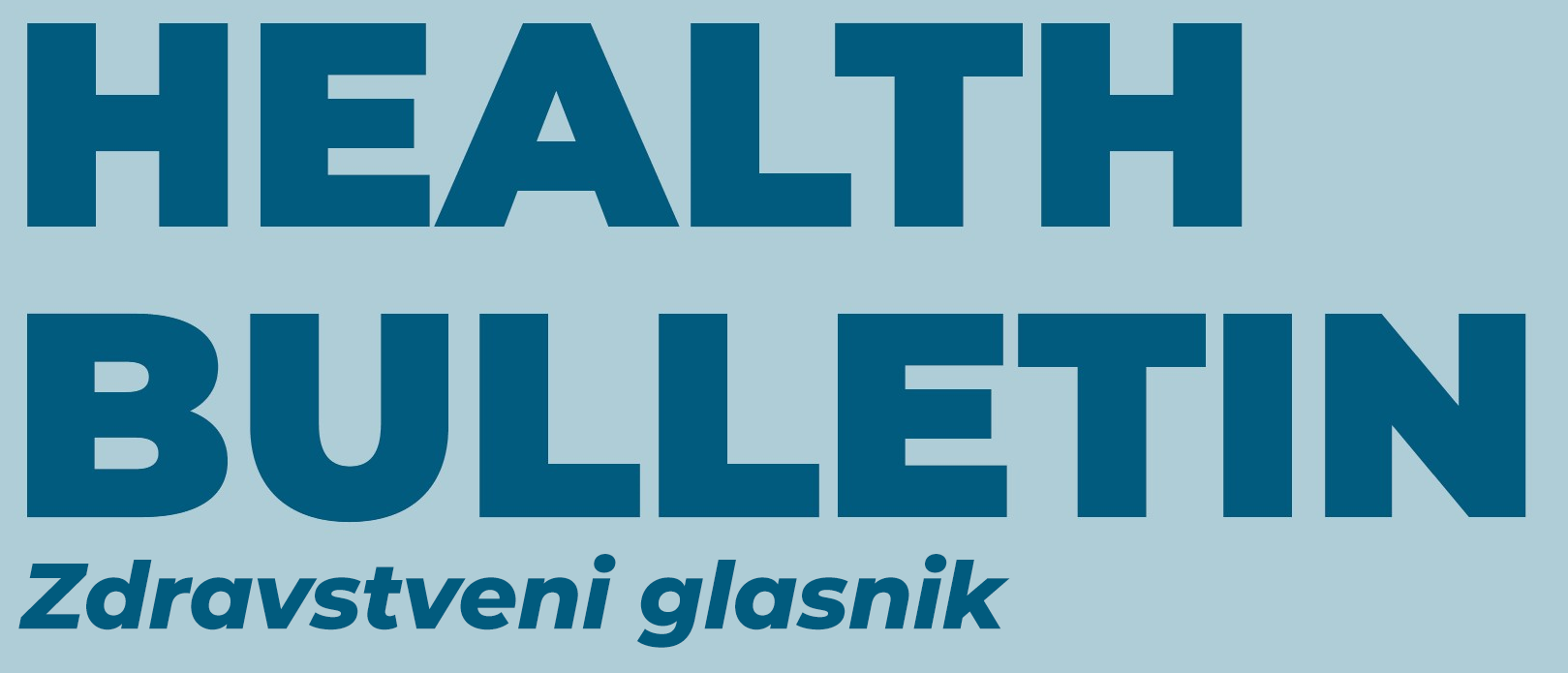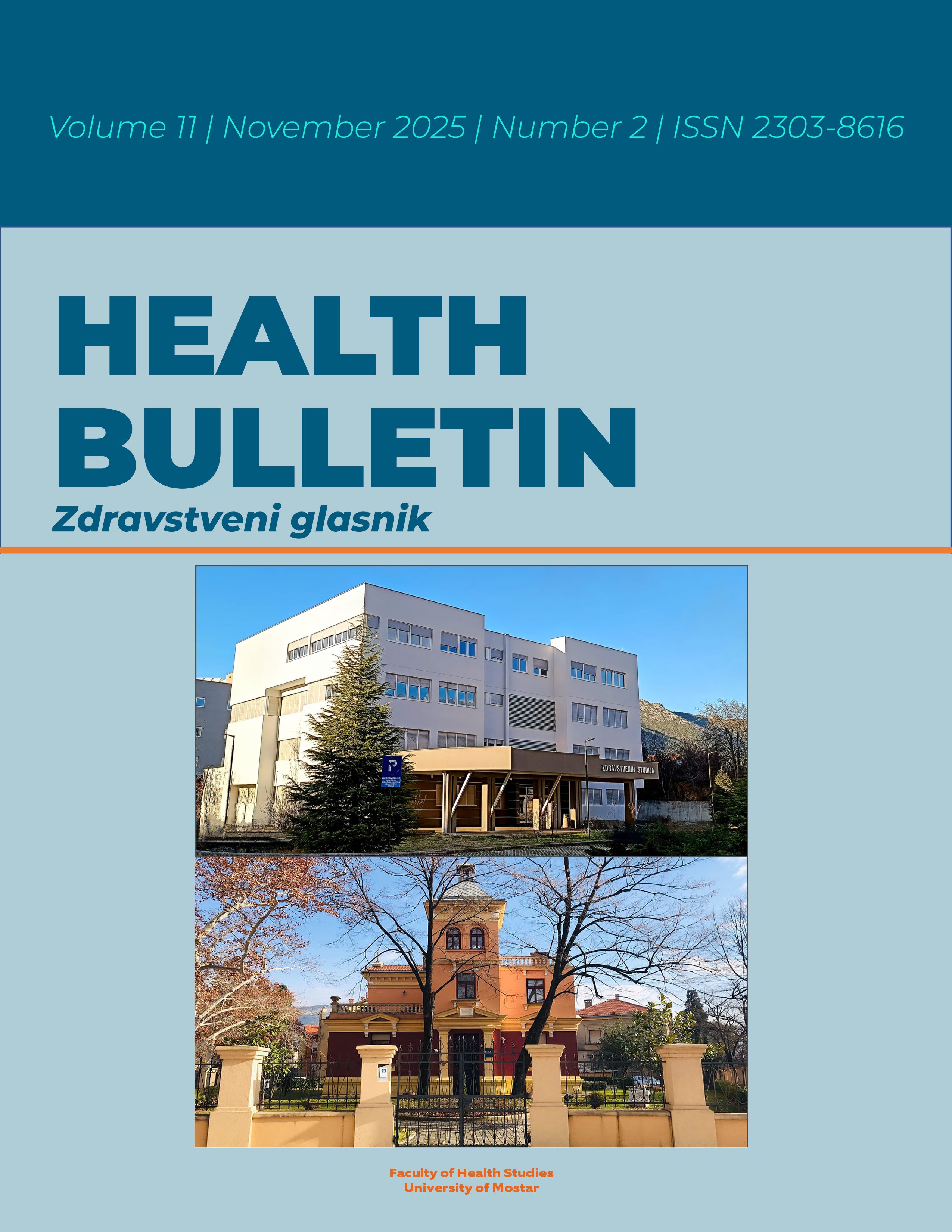IMPROVING THE QUALITY OF HEALTH CARE IN UROLOGY THROUGH THE INTEGRATION OF MANAGERIAL, EDUCATIONAL AND INNOVATIVE APPROACHES
DOI:
https://doi.org/10.47960/Keywords:
urology, management, education, innovation, quality of careAbstract
Introduction: Improving the quality of health care in urology requires the integration of managerial, educational, and innovative approaches, which ensures better treatment outcomes and higher patient satisfaction. The implementation of clinical guidelines in network hospitals enhances compliance with recommended procedures, particularly in cancer treatment. The introduction of new technologies facilitates adaptation to changing health needs. In cardiovascular care, similar initiatives lead to statistically significant improvements in outcomes. Key success factors include a clear vision, staff autonomy, and patient engagement. Continuous education and professional development strengthen the competencies of healthcare workers, enabling them to keep up with contemporary practices and technologies and to improve the quality of urological care.
Participants and methods: The sample included 51 healthcare professionals of various profiles employed at the Urology Department of the University Clinical Hospital Mostar. A combination of descriptive and exploratory methods was used, and data were collected through an electronically distributed survey questionnaire. Quantitative data were analyzed using SPSS software, while qualitative data were processed through thematic analysis.
Results: The results show that 92% of respondents believe that the integration of managerial, educational, and innovative approaches significantly improves the quality of healthcare. Key strategies for improvement include continuous staff education (87%), improved work organization (64%), and strengthening interpersonal relations (59%). The most common obstacles are insufficient staff training (78%), outdated equipment (65%), and administrative burdens (58%). Staff shortages (34%) and financial constraints (29%) were not identified as the main issues. The findings indicate the need for targeted intervention in education, equipment modernization, and reduction of administrative burdens to improve healthcare and
treatment outcomes.
Conclusion: The integration of innovative approaches into health care can significantly improve the quality of treatment. However, challenges remain in their implementation, particularly in the areas of management and education.
















